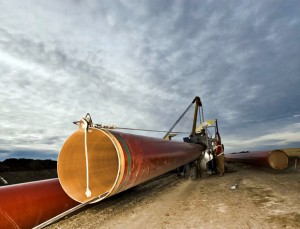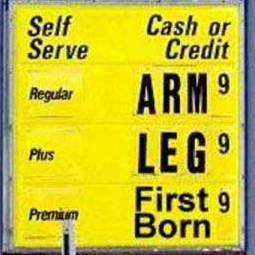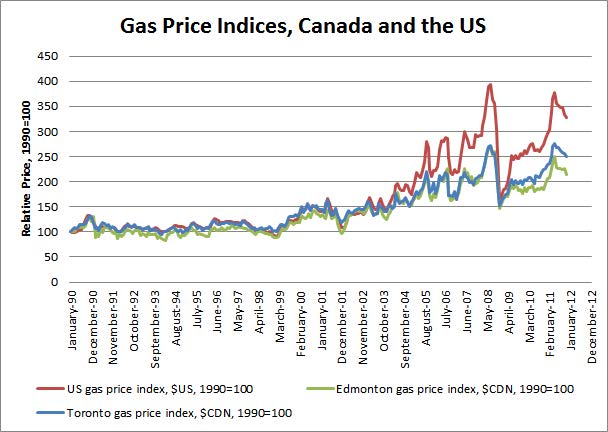
It is a sobering thought to remember that only 8 years ago there was no such thing as ‘Facebook’ or ‘Twitter’. Prior to February of 2004 and March of 2006 respectively, these titles literally had no meaning in the modern world. Over the last 15 or so years, technology and social media have literally been born, raised, adapted and developed, eventually transforming into the giant industry it is today. But how does this relate directly to businesses? As you can likely imagine, in the past firms had to implement product or service feedback surveys of some sort in order to try and grasp their effect on consumers. In order to maximize a companies profit and effectively provide what the consumer is looking for, they need up to date, accurate information on how their product is being bought, used, for what price, etc. With new technology, trends and social media, an unimaginably vast utopia of raw data is available to anyone with a computer and an email address. Thanks to recent years’s technological growth rates, almost any sized company can now properly conduct their business, with a heightened awareness on how the public will respond to a product.
(Image taken from http://www.openforum.com/infographics/social-media-for-business-2012-a-history-of-the-business-of-social-media/)









